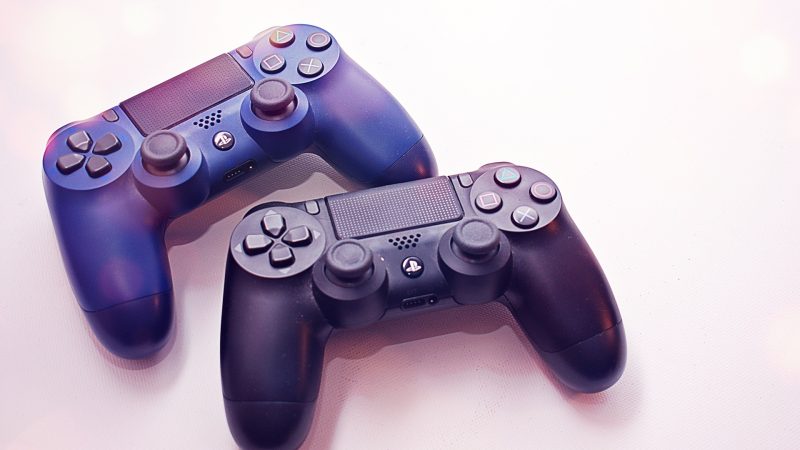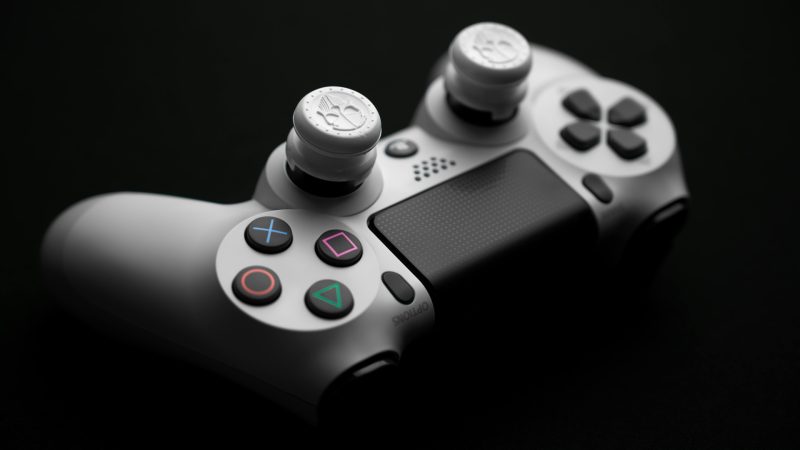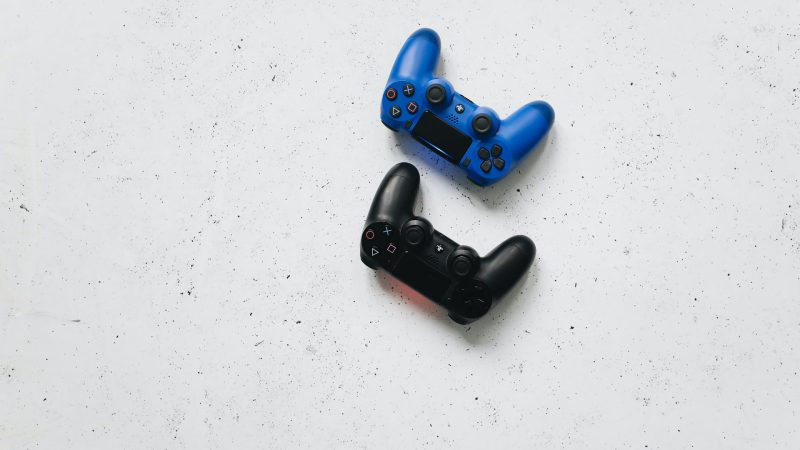As much as fans love to sing Sony and PlayStation praises, it’s not above doing wrong. Case in point, the industry-leading console manufacturer has just been fined 13.5 million Euros (approximately $14.8 million) by France’s antitrust regulator, Autorité de la Concurrence, over claims concerning its practices with third-party PlayStation 4 controllers, as reported by the CPI. It marks a significant development in the video game hardware industry, particularly regarding the competitive dynamics between first-party and third-party accessory manufacturers.
The fine stems from two primary allegations. Firstly, Sony is accused of implementing technical measures in 2015, which it argues is used to combat counterfeiting. Unfortunately, it inadvertently led to frequent disconnections of third-party controllers during system updates. These measures, although intended to target counterfeit products, indiscriminately affected all unlicensed third-party controllers. This resulted in frustrating gameplay interruptions for users of these controllers and arguably damaged the reputation and brand image of third-party manufacturers.
The second allegation against Sony revolves around its licensing policy. The Autorité de la Concurrence criticized Sony for its lack of transparency in communicating the criteria for joining its Official Licensed Product program to third-party manufacturers. According to the regulator, Sony exercised discretionary power in applying these criteria. As a result, it effectively barred many third-party companies from joining the program. This notable exclusion meant that unlicensed controllers were the only ones experiencing disconnections, a situation that could imply an unfair competitive advantage for Sony’s first-party controllers.

The implications of these allegations are significant. Third-party controllers often offer more affordable alternatives to the official ones manufactured by console makers like Sony, Microsoft, and Nintendo. The reliability of the third-party controllers on the market is crucial for maintaining healthy competition and providing a variety of choices. If third-party controllers are perceived as inferior due to technical issues, such as those alleged in this case, it can limit market diversity and consumer options.
Sony’s response to these allegations and the fine has not been publicly disclosed as of now. However, the ruling by the French regulator might prompt Sony to reassess its policies and practices regarding third-party peripherals for its video game consoles. This case might also influence how Sony approaches similar issues with its latest generation console, the PlayStation 5, although the current allegations only pertain to the PlayStation 4.
The broader context of this fine includes the ongoing challenges in the video game accessory market. The high costs of official controllers have led many consumers to seek third-party options, which are generally more affordable. However, the quality and reliability of these third-party options can vary, and perceived obstacles to their market success, such as those alleged against Sony, can hinder consumer choice and innovation in this space.

The DualShock 4, in particular, is hard to come by these days, leaving several millions of PlayStation 4 owners without a viable alternative at a reasonable price. This either forces them to upgrade to the PlayStation 5, where the DualSense is plentiful, or get a cheaper, inferior replacement for the DualShock 4 or buy a more expensive product, regardless of whether they’ll enjoy the added features or not.
It’s important to note that third-party peripherals play a critical role in gaming, not just as a cost-effective alternative, but also in offering features not present in official products. For example, specialized controllers tailored specifically for accessibility needs or professional-level gaming often come from third-party developers. Therefore, ensuring a fair and transparent marketplace for these manufacturers is essential for the growth and diversity of the gaming ecosystem.
The fine levied against Sony by France’s Autorité de la Concurrence highlights the importance of market oversight from governing bodies to maintain fair competition and fight against anti-competitive practices that hinter the creation of a competitive market that’s benefiting both consumers and manufacturers.

It remains to be seen if this legal loss will encourage Sony to be more welcoming in letting third-party manufacturers in on PlayStation-supported peripherals. For now though, fans can look forward to Sony’s constant expansion of its accessories following the release of PlayStation Access in December.

